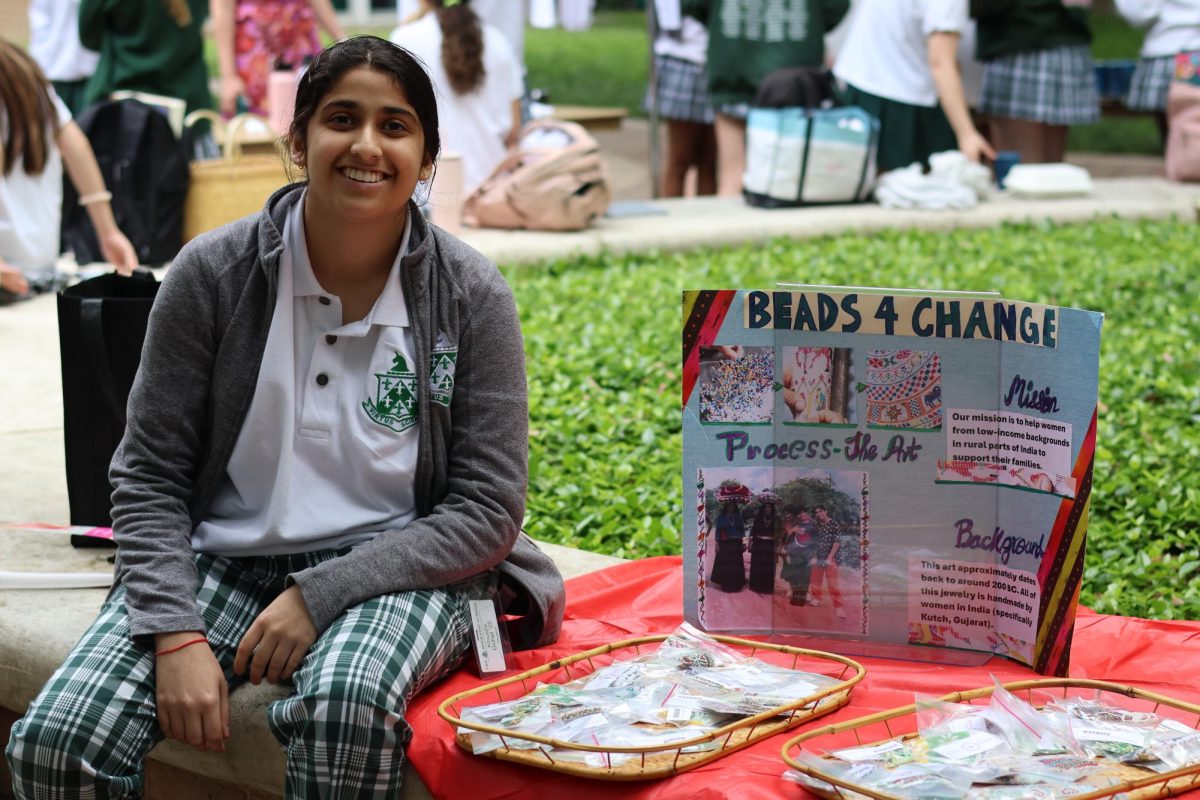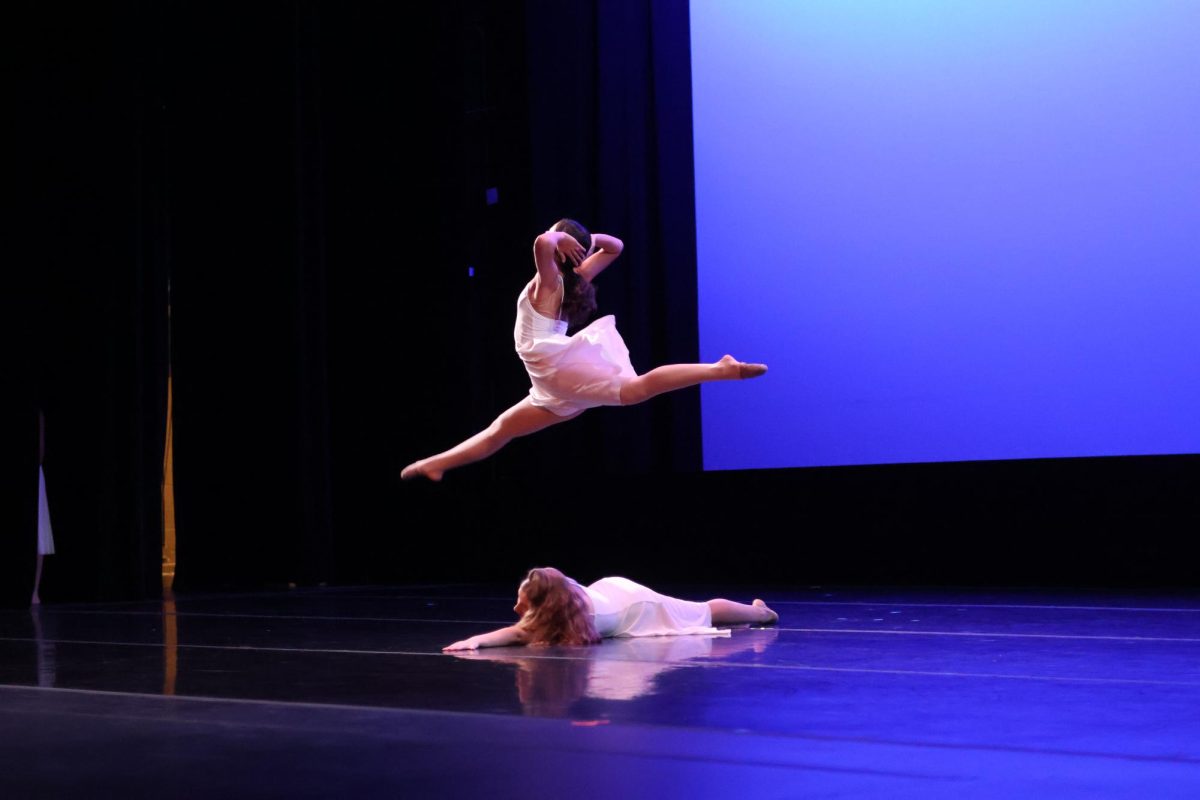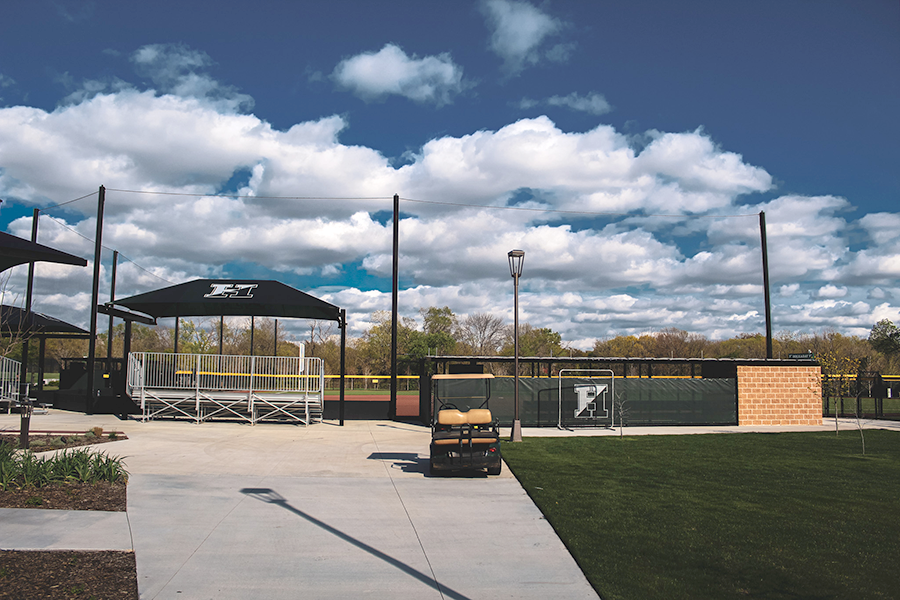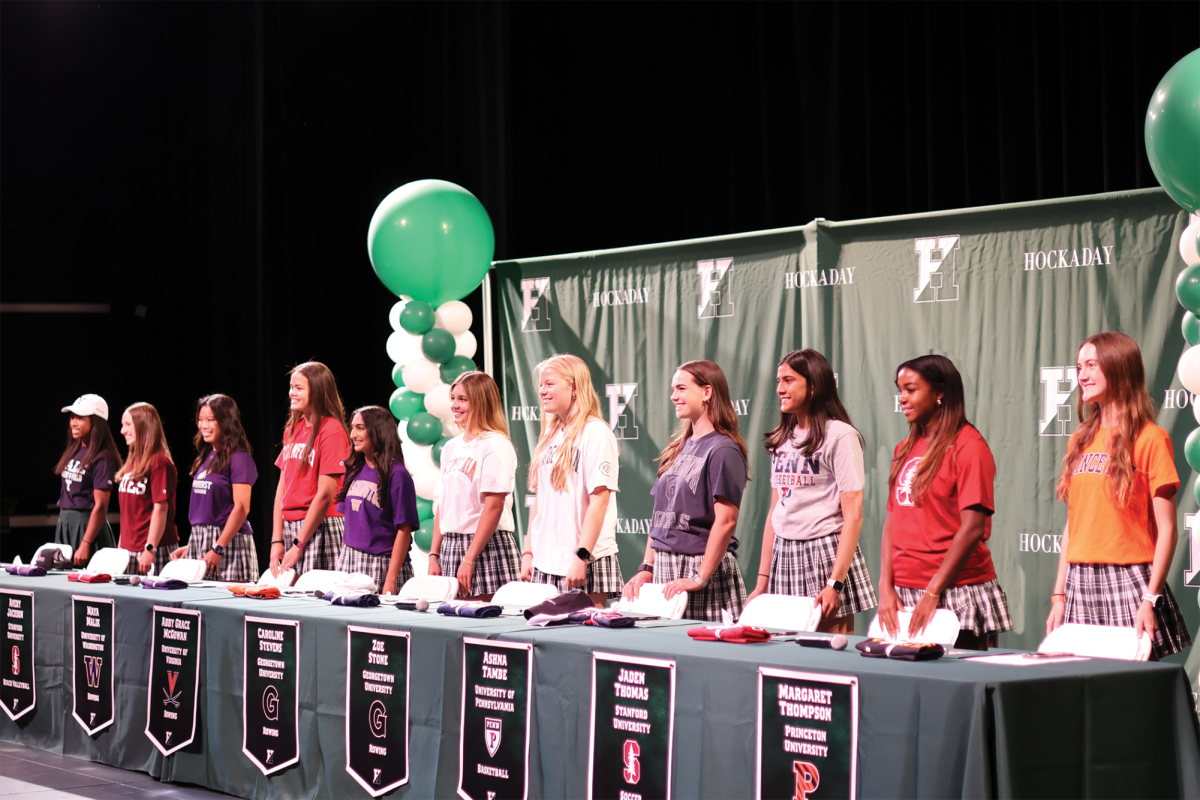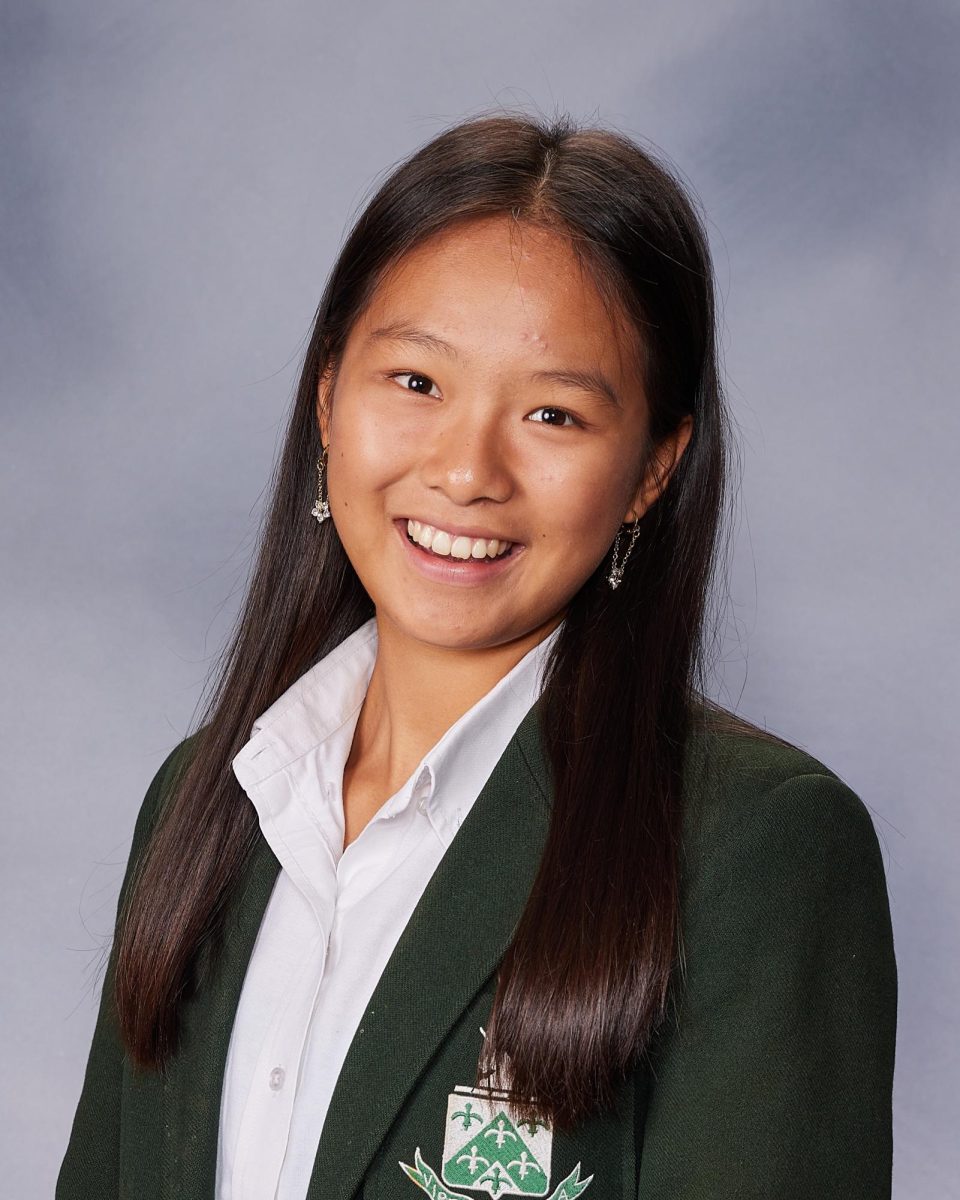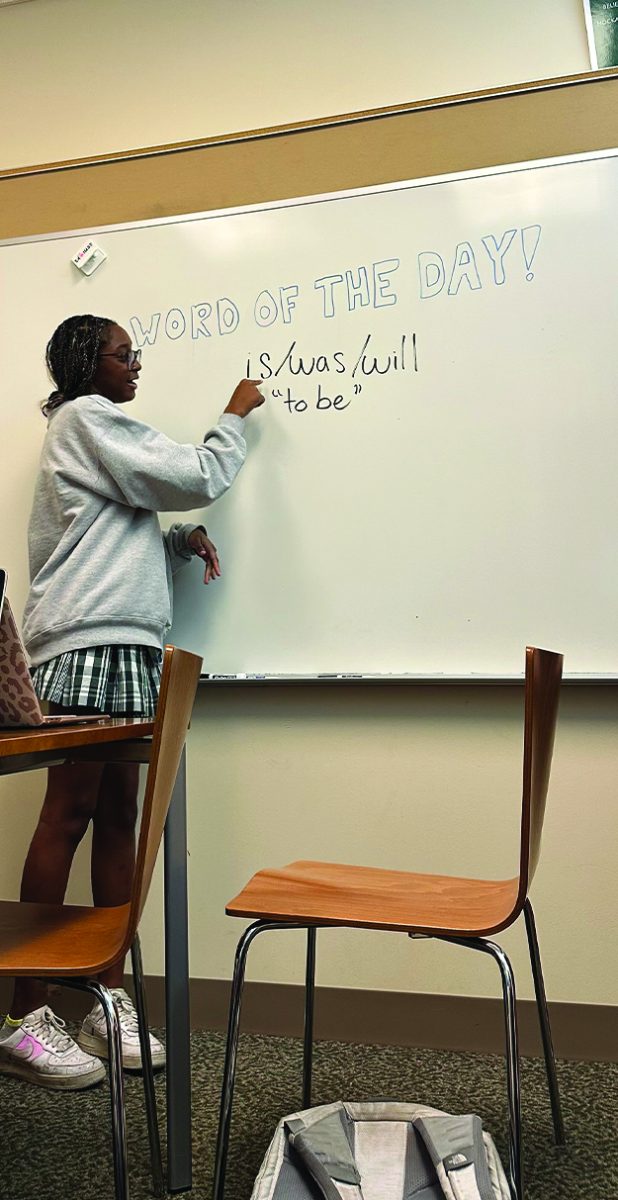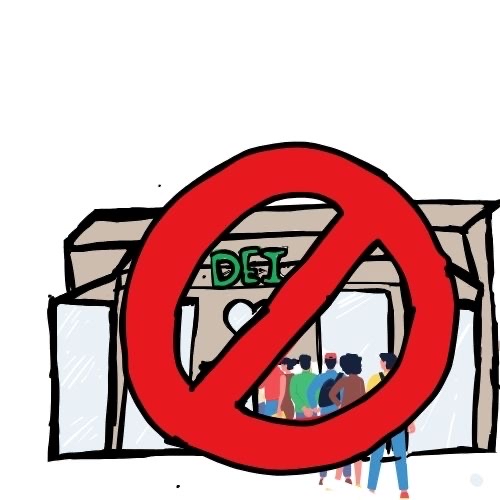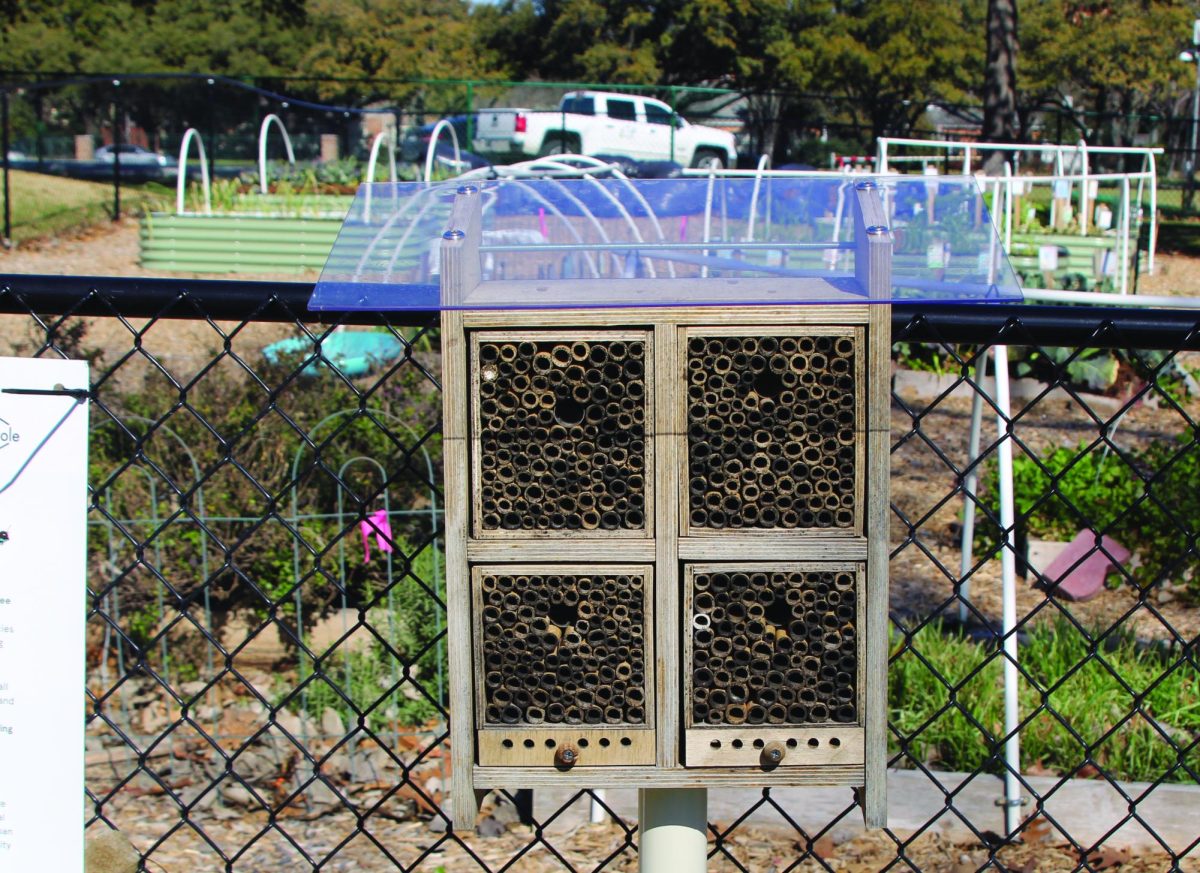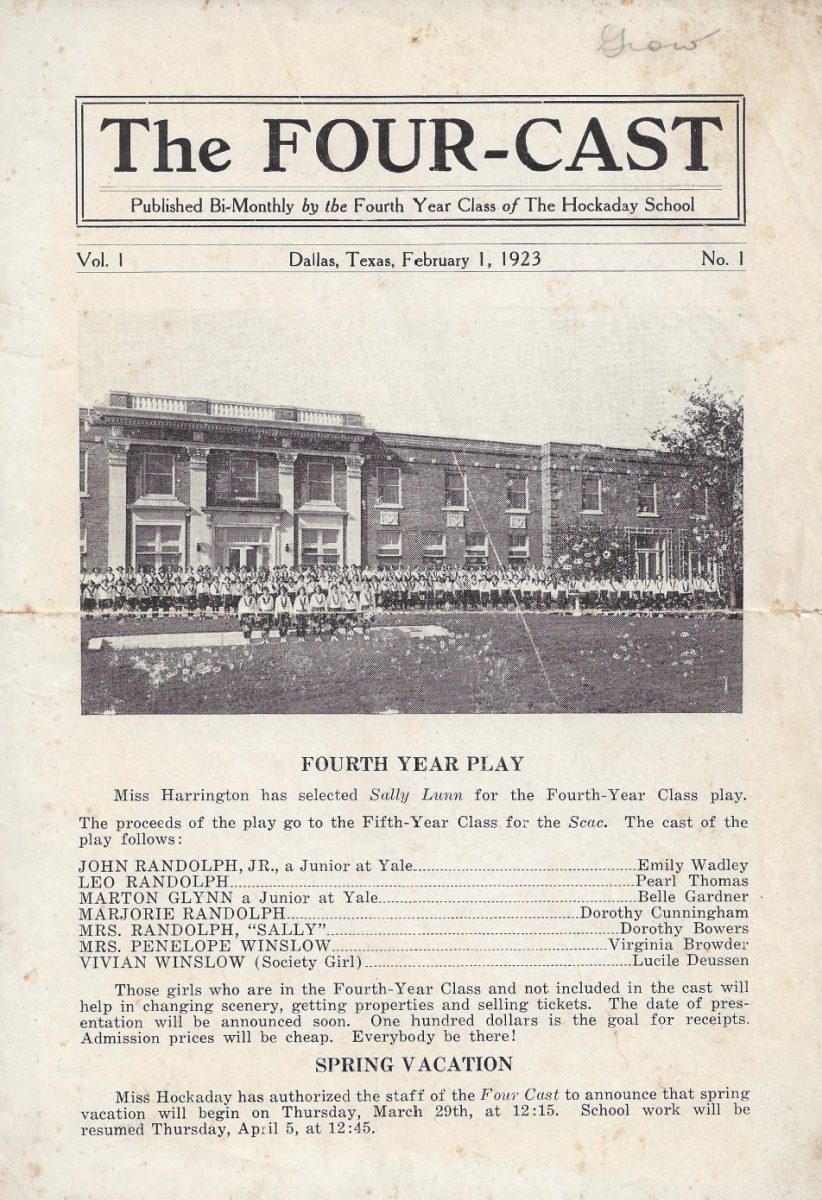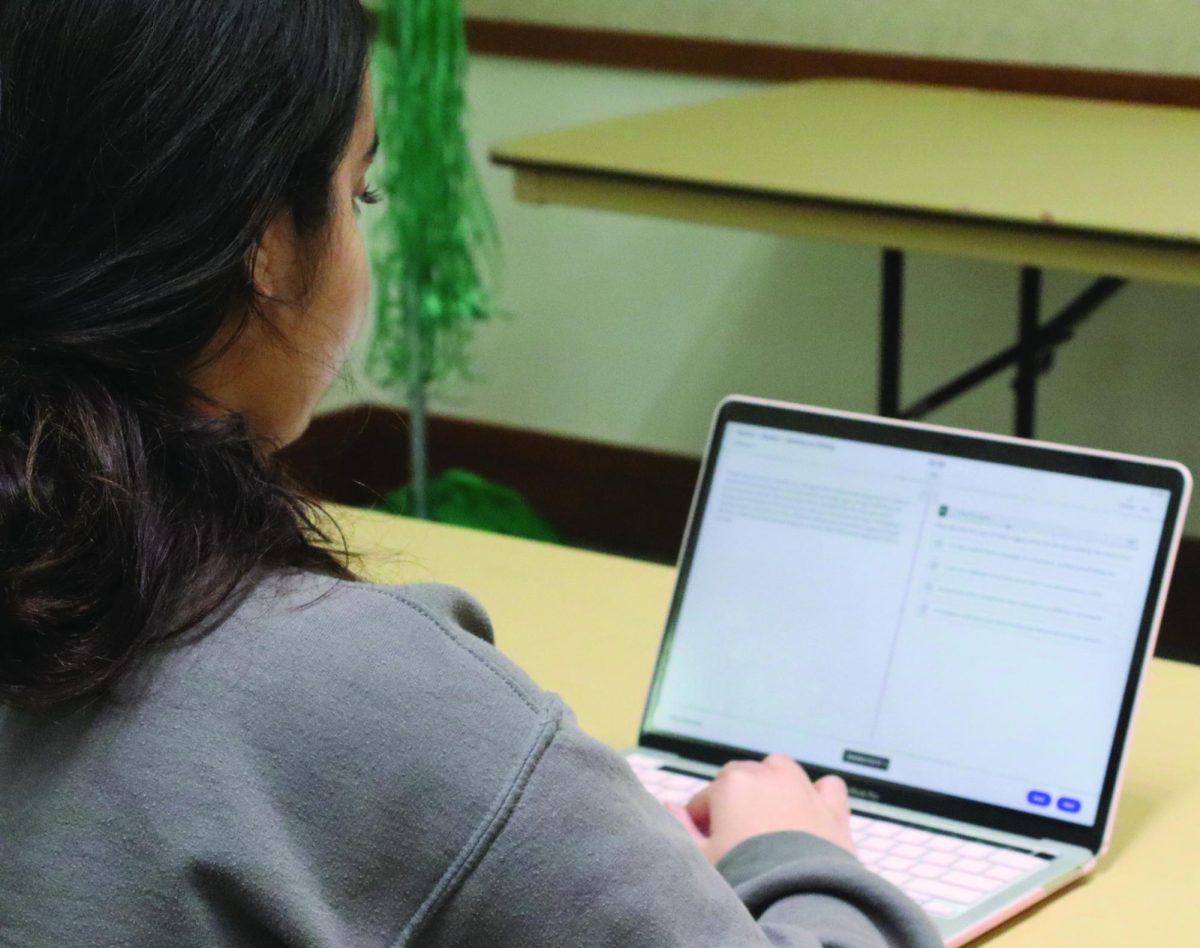Upper School Spycraft class explores using a world relations simulation
The Spycraft and Diplomatic class will soon understand what it feels like to have the fate of a country in their hands. Virtually.
After learning about Statecraft, an online program that simulates world affairs, Spycraft and Upper School history teacher Tracy Walder looked into incorporating the hands-on approach to world relations into her curriculum. The simulation, created by Associate Professor of Political Science Dr. Jonathan W. Keller from James Madison University, has, until recently, only been used at a college level. But Statecraft has been testing the use of the program at a high school level through free trials, which Walder applied for and received.
Walder felt that Statecraft, with its approach to international curriculum in an innovative, reality-based way, would suit and enhance her curriculum well.
“First of all, it is in real time, which I think is really neat,” Walder said. She continued to say how a “current event type of class” is the best way to learn about international affairs. “I don’t think that there is any better way to learn than hands-on.”
Of course, her number one choice would be to send her students to the United Nations, a true hands-on experience. “But I can’t do that, so in my opinion, this is the next best way to do that.
“To get them in a pressure-type of environment,” Walder said.
Before entering the six week simulation, the students took an aptitude test regarding their political preferences. From these questions, Statecraft assigns a type of government most compatible with the student’s answers to their country, and Walder pairs students together on this basis.
The students have designed their countries, and, after the program soon assigns them different aspects of their country like its natural resources and national debt, the simulation will begin. Students will only be allowed to make decisions within their assigned government’s regulations and the aspects the computer assigns them.
Through the simulation, students will learn from situations similar to real-world relations.
“My hope is that the girls will have a better understanding on why governments are doing certain things,” Walder said.
Senior Grace Zacarias has similar goals, hoping to learn about “the strategy of world diplomacy and how countries interact.”
According to Statecraft the program will fulfill these hopes by making “abstract concepts tangible and vivid” and that “students report moving from a ‘why can’t they just solve it?’ mindset concerning [international] issues, to a more nuanced understanding of the complexities involved.”
Even in just the first couple of steps or planning for the simulation, Zacarias has already seen how complex the process can be.
“It [has] definitely just made me think about the implications of a country’s actions. The world today is dynamic; it requires you to think on your feet and realize that every decision you make will have larger ramifications,” Zacarias said.
And the enthusiasm for this program has been international. The list of countries participating in Statecraft is long and diverse: Australia, Canada, China, Croatia, England, Germany, Iceland, Netherlands, Nigeria, Russia, Sweden and United Arab Emirates. In the U.S., universities in 41 states are participating in the program.
But this hands-on approach to understanding international relations offers a curriculum not touched on by other Hockaday history courses.
“I see a need here at Hockaday for international affairs and international relations,” Walder said. “What I’m hearing is that more and more girls that are going to colleges are taking classes in that, so I want to set the girls up to be successful.”
– Megan Philips


